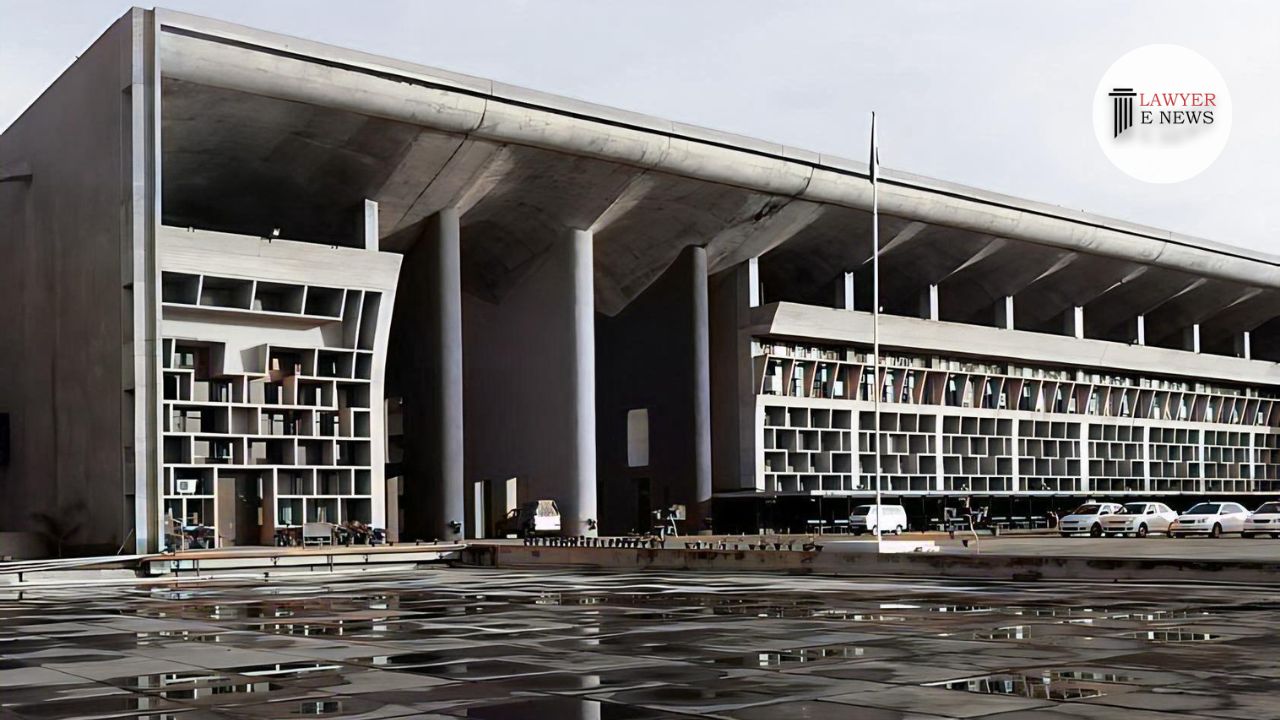-
by Admin
15 February 2026 5:35 AM



The Punjab and Haryana High Court has dismissed an appeal in a long-standing land dispute, upholding the decisions of the Trial Court and the First Appellate Court. The case involved a contested site allegedly owned by the appellants, with the court reaffirming that mutation entries do not confer ownership and that land recorded as shamlat deh cannot be allotted during consolidation.
The dispute dates back to a suit filed by Devi Sahai, predecessor of the plaintiff-appellants, against Ganpat Ram. The contested site, identified as ‘ABCD’ in the attached plan, was claimed to be part of Plot No. 212, owned by the plaintiffs. The defendant, whose house adjoined the site, had allegedly opened a door and constructed a chabutra (platform) on the disputed site, leading to a suit for a prohibitory injunction to close the door and remove the construction. The defendant contended that the site was part of the shamlat deh, a common land vesting in the Panchayat, as previously decided in Civil Suit No. 75 (1952).
The Trial Court and the First Appellate Court both dismissed the suit, finding that the land in question was shamlat deh and could not be allotted to individuals during consolidation. The courts relied on prior admissions by the appellants' predecessor and relevant legal precedents.
The court emphasized that a mutation entry in revenue records does not confer title. "As per the settled proposition of law, mutation entries are for fiscal purposes and do not establish ownership," noted Justice Alka Sarin, referencing the Supreme Court’s ruling in Jitendra Singh vs. The State of Madhya Pradesh & Ors. The appellants' argument that mutation sanctioned in their favor conferred ownership was thus rejected.
The court also addressed the confusion over pre- and post-consolidation plot numbers, noting that the appellants failed to provide a cogent explanation for discrepancies in the documents submitted.
Justice Alka Sarin stated, "The consolidation authority had no right to partition shamlat deh land amongst proprietors and allot it to the plaintiffs. The earlier admissions and the established legal framework negate the appellants' claims."
The dismissal of the appeal reinforces the legal principle that mutation entries do not confer ownership and highlights the limitations on the powers of consolidation authorities regarding shamlat deh land. This decision upholds the integrity of prior legal admissions and the established legal framework governing common lands.
Date of Decision: May 6, 2024
Paras Ram & Ors. vs. Ganpat Ram
